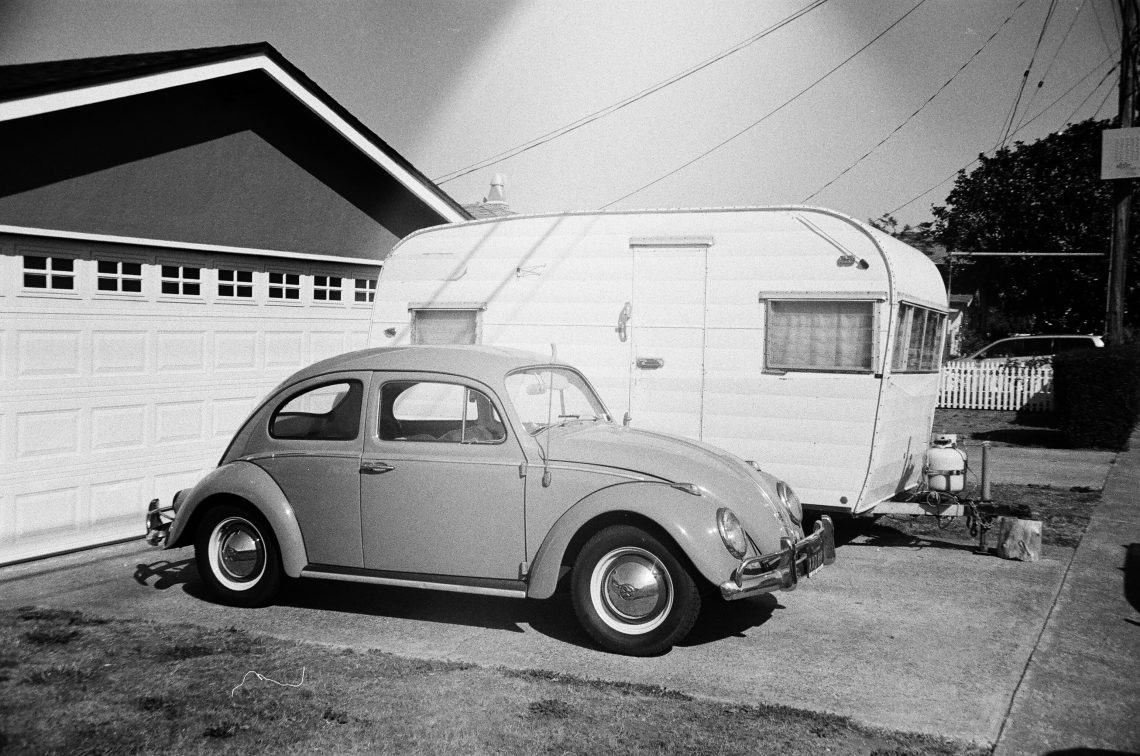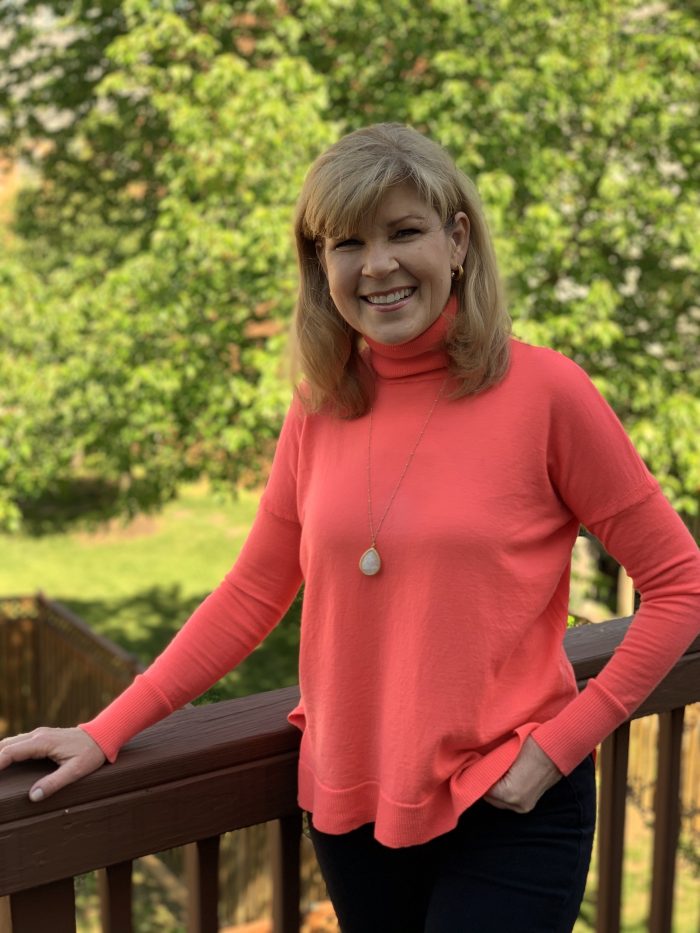
In an Instant: Thoughts on Servanthood
Today I’m happy to host guest blogger Cathleen Howard.
***
Because Jesus knew that the Father had handed all things over to him, and that he had come from God and was going back to God, he got up from the meal, removed his outer clothes, took a towel and tied it around himself. He poured water into the washbasin and began to wash the disciples’ feet and to dry them with the towel he had wrapped around himself (John 13:3–5, NET).
The steaming water ran over my skin like a Dali painting. Warped and surreal. I stood dumbfounded at how quickly the past two weeks slid down the drain and out of view. As the road ebbed away, God’s peace washed in.
It had all begun with a phone call to my father. He lives more than 1,500 miles away. Alone, an octogenarian, and caring for a house older than he is. While he’s mentally ready to conduct spirited banter on topics of astrophysics, radiology, and Biblical theology in the era of Peleg (Gen 10:25), his body betrays him. Isn’t it interesting that replacing old furnaces, roofs, or cracked tiles adds years to a well-made house, but surgeries on the human body always leave hideous scars? Each procedure exacts payment that is extracted before the final suture seals the incision. The more surgeries, the fewer pieces are left.
Dad needed our help. The only option for safe transportation during a national health crisis seemed to be an RV. A recreational vehicle. What a happy description. Surely this would be a fun adventure. A small trailer would be a wise choice for two novices. We secured a “pull-behind” off of a rent-direct-from-owner site. My husband and I met the owner in a parking lot before dawn, hooked it onto our pick-up, and left Virginia in our rearview mirror as we headed for Texas.
We pulled into our first campsite and stepped into our home on wheels with just enough sunlight to discover what we had failed to see in the predawn hours: broken blinds, a leaking toilet, clogged sewage, a broken shower head, no propane for hot water or cooking, and mouse droppings. Lots of droppings. I leaped onto the bed to stay dry and realized the “bed” was just a well-used piece of dingy foam. That is when I suddenly noticed a dozen yellow smiley faces hanging from every knob and handle—the kind one buys at the gas station to hide stale cigarette smoke. I could hear each one cackling at the two idiot neophytes. It did not take long to realize what smells these smirking disks were failing to mask.
That was day one.
Our trip consisted of an endless cycle of hand sanitizers, masks, sewage challenges, and scraping together meals from a cooler chest that constantly demanded more ice. Our world quickly shrank to the confines of our pick-up as we tried to insulate against the pandemic. We did not want to transport anything more sinister than our vexing mouse across state lines to my father’s house.
We hit the ground running when we reached Dad’s house. We worked around the clock while squeezing in as many special moments as we could generously slather on top of each task. After a week that flew by but left us spent, we had to will our arms to let go as we hugged goodbye. We packed up everything except our hearts. The sadness barely left room for us in the truck.
I begged God to put me to sleep that night, as I laid on that musty foam. The filth surrounding me seeped into my soul. Thoughts fired off in my brain of aging bodies, lives lived in anguish, separation from loved ones, sacrifices, and oh so many unmet dreams. I recoiled at the state of our lives, and I was ashamed that it bothered me. “God, can You find me in the darkness? I’m such an insignificant speck, hiding in this piece of tin, ready to be blown off the earth with nothing more than a sigh from You.”
Paul was content with or without rats or filth or food (Phil 4:11–12). What was the secret of his peace? And what of Jesus—the perfect Servant who made the ultimate sacrifice? At twenty-five, did He lie on His cot after a hot day in Nazareth, flecks of stone and dirt still clinging to his sweaty hair, and begrudge His mundane existence? Did He let Himself daydream of what He left behind before He stripped off his heavenly robes and squeezed into the hot wriggling cells of a soon-to-be-born human? Did Jesus ever get rubbed raw from His scratchy robes of servanthood?
Because Jesus knew that the Father had handed all things over to him, and that he had come from God and was going back to God, he got up from the meal, removed his outer clothes, took a towel and tied it around himself (John 13:3–4).
Suddenly, this often-ignored prelude to the well-told story of Jesus’s servanthood leaped off the page.
Because Jesus knew…
Could this be the key to understanding servanthood? Could this be the secret to Paul’s contentment regardless of tribulation?
Jesus knew what He received from the Father. He knew the vastness of His inheritance. Further, Jesus knew where He had come from and where He was going. And with that understanding, He got up, removed His outer clothing, and served twelve men in a small dusty room hidden from view.
The word for “garments” or outer clothing is used in the plural form, which indicates that Jesus removed all outer clothing, leaving only a loincloth. This was the customary apparel for a household slave. The symbolism is as multilayered as the garments. Knowing who He was, Jesus voluntarily removed His privilege and became a servant (Lk 9:48).
The ensuing foot-washing story is a prophetic enactment of the greatest drama that has ever occurred in history. But many miss that nuance. Within a few hours, Jesus laid down His life to wash away the sins of all those who receive His atonement (1 Jn 2:2). Peter, too, was slow to grasp the meaning (Jn 13:7).
Some have misconstrued this story as an ordinance for foot-washing. Yet, we can assume that was not the original intent, since that practice was not documented in early church writings.[1] The symbolism of this prophecy is two-fold. Only Jesus’s sacrifice can wash away sin (Rev 1:5). And anyone desiring salvation from sin must acknowledge complete helplessness and humbly submit to Christ. Peter also missed this symbolism (Jn 13:3:8). No doubt Peter was voicing the thoughts of the other disciples as well, though.
And yet, there was still another level of meaning behind Jesus’s actions. He was calling believers to a life of humble servanthood. If we look closely, we see a specific order in the Scriptures—a key to unlocking the strength of a servant. Because Jesus knew who He was and where He was going, He laid down His rights and girded Himself with a towel of servanthood. It was from a place of knowing that He served others with no regard for Himself. He understood. He comprehended. He laid a foundation for all believers to follow.
Jesus did not call His followers to serve blindly. He led the way and taught of an eternal hope (Jn 14:1–3). Humans were not created for death. We were not created for filth. We were taken from the dirt and elevated to live eternally in relationship with our Creator. In the Garden of Eden, pride and greed dismantled that perfect balance with the intent of permanently obliterating humanity. Only God gave humanity a future and a hope, through Jesus Christ’s ultimate sacrifice. This is not a hope that is to be cashed in someday when our lives have been snuffed out. This is a hope meant to sustain us, propel us, and carry us on like a cheering throng until we cross the finish line (Hebrews 10:23).
I tell you the solemn truth, the slave is not greater than his master, nor is the one who is sent as a messenger greater than the one who sent him. If you understand these things, you will be blessed if you do them (John 13:16–17).
I had been called to a trip of servanthood. Now, I stood transfixed in the shower. In an instant, my present reality became my past. As I slipped into fresh clothes, they felt cool and crisp against my clean skin. My reflection lost all of its weariness and softly glowed in the mirror. With one shower, I removed the smell of feet and filth. The pain of sacrifice became stories of victory over challenges.
One day—in an instant—we will stand completely clean. The pain, angst, and dirt of serving will be washed away. The agony of unmet dreams and sacrifices will melt into a watery past. All we will know is a future filled with God. Light. Warmth. Love beyond our wildest dreams. One day, God will lift each tired servant’s face, cupping it in His mighty right hand and transform each agony into eternal jewels.
Knowing who she was, where she was from, and where she was going, she donned the towel of a servant and served in the dirt among feet covered in filth. And because she knew where she was going, she wanted as many as possible to come with her.
Today feels like forever. But forever transforms today.

Cathleen Howard is a student at Dallas Theological Seminary who lives in the Washington, DC area—and one of my interns.
[1] Edwin A. Blum, “John,” in The Bible Knowledge Commentary: An Exposition of the Scriptures, ed. J. F. Walvoord and R. B. Zuck, vol. 2 (Wheaton, IL: Victor Books, 1985), 320
Photo by Randy Laybourne on Unsplash.



